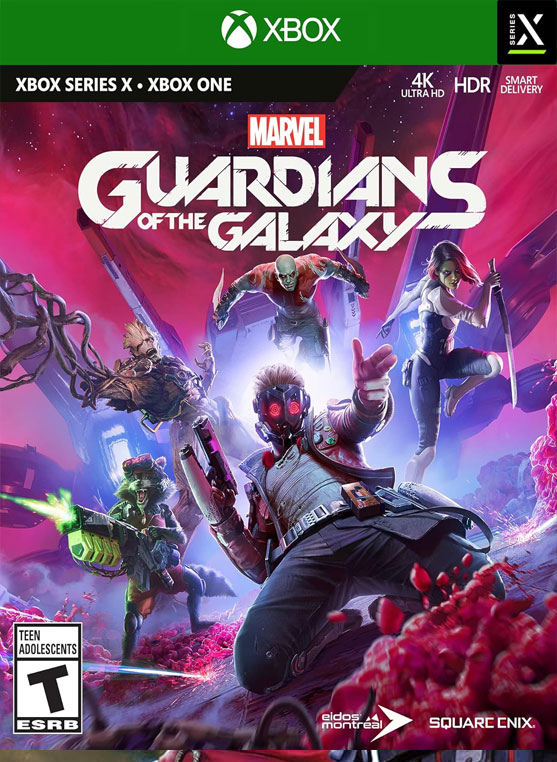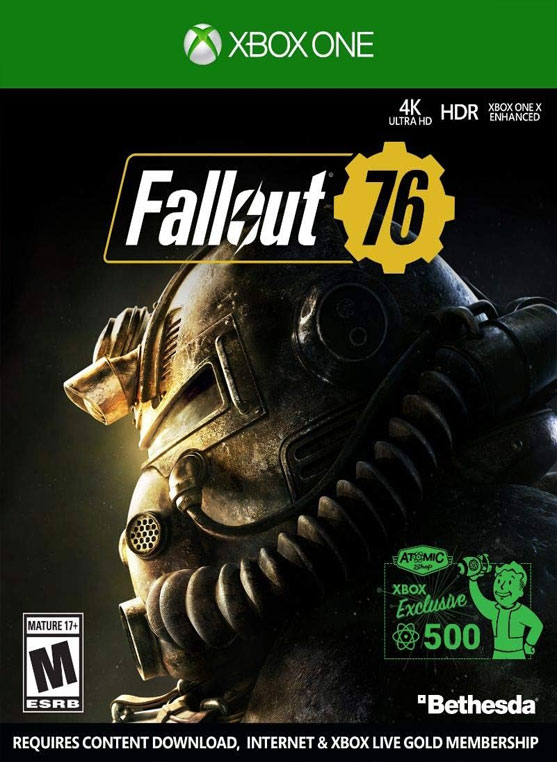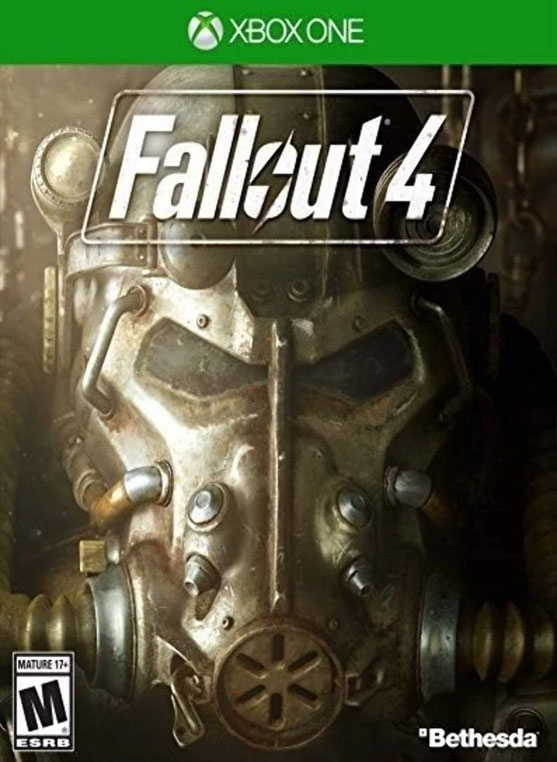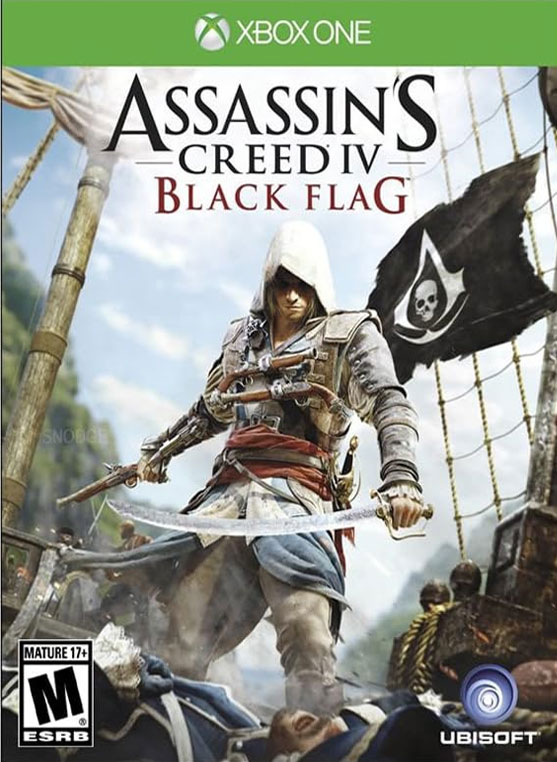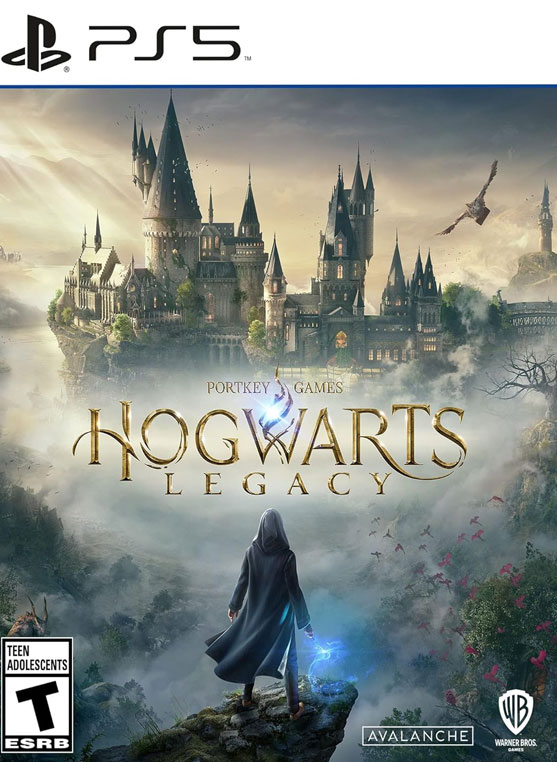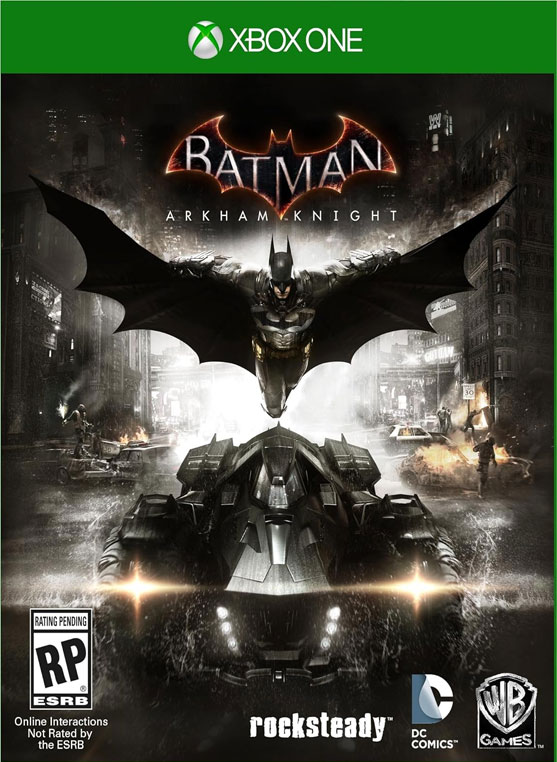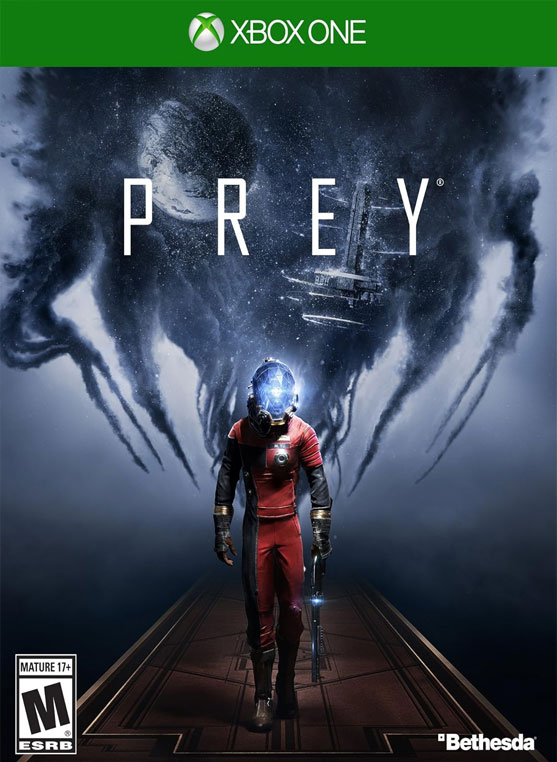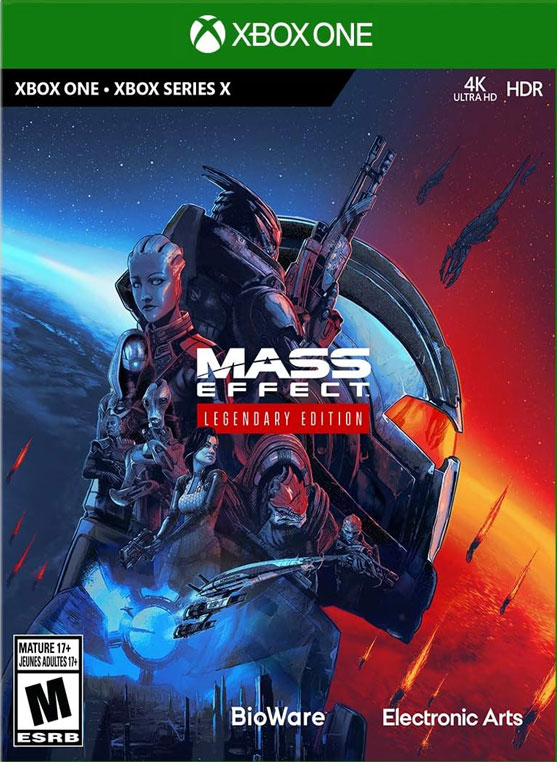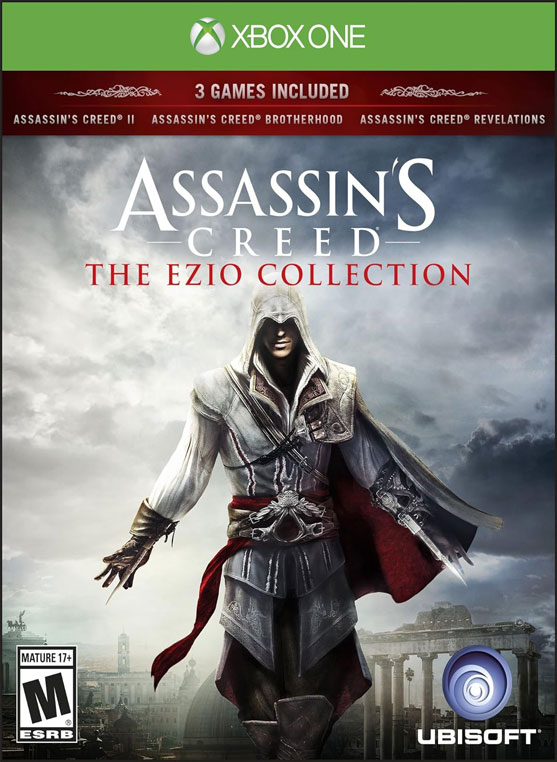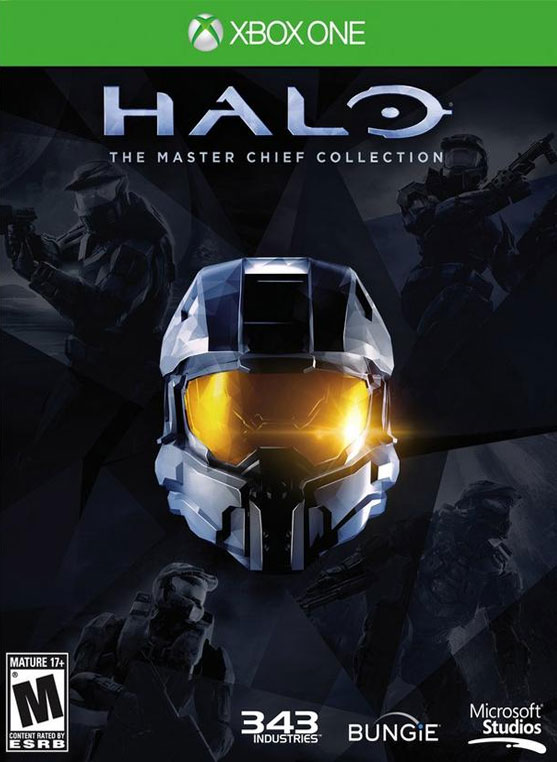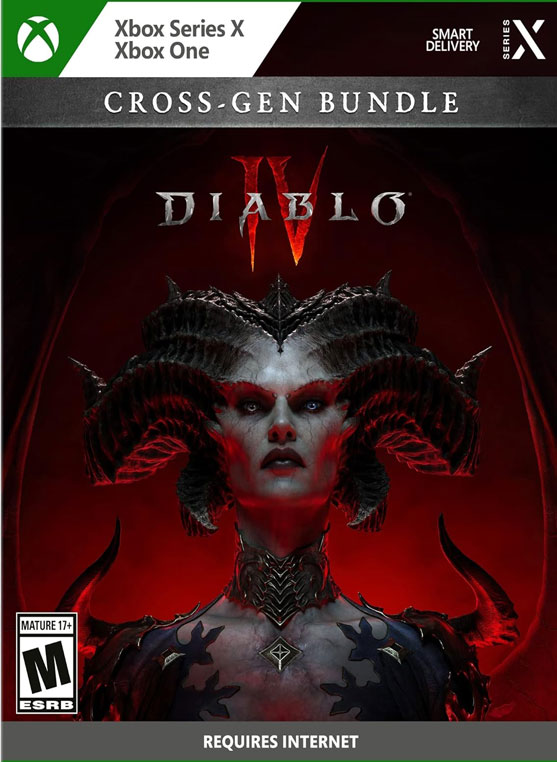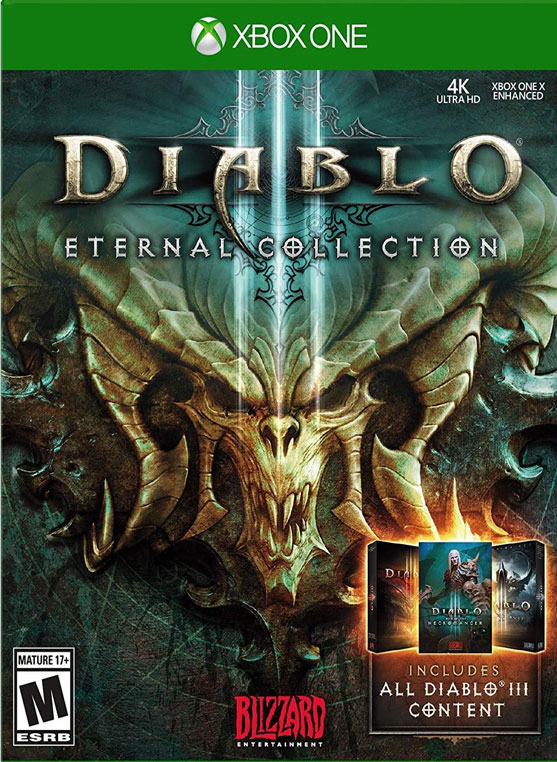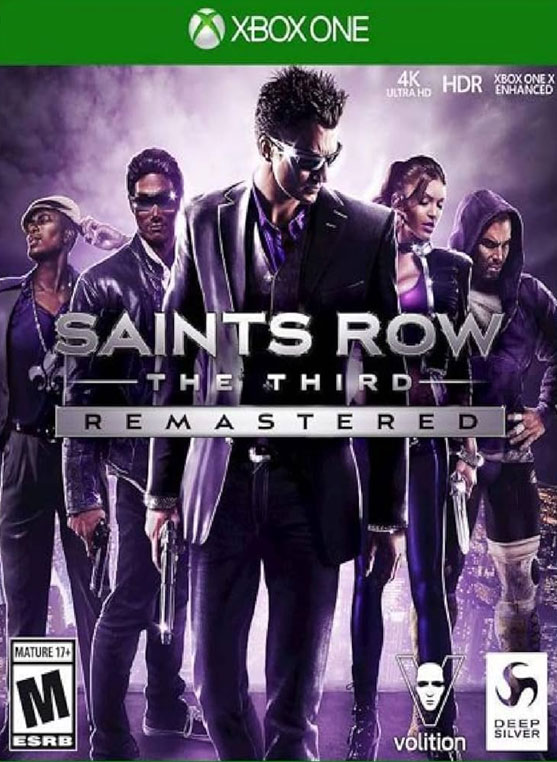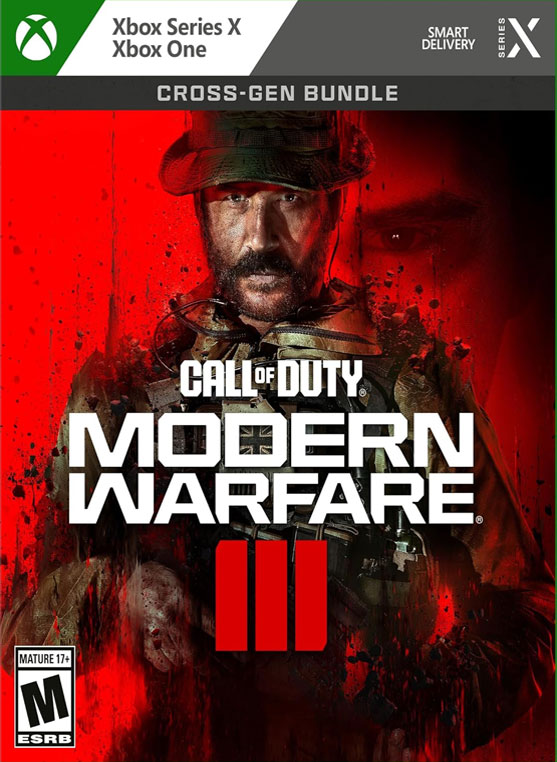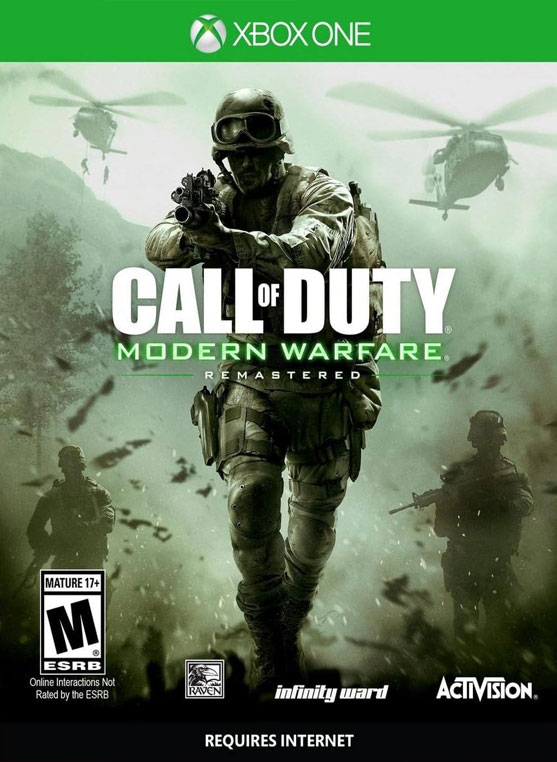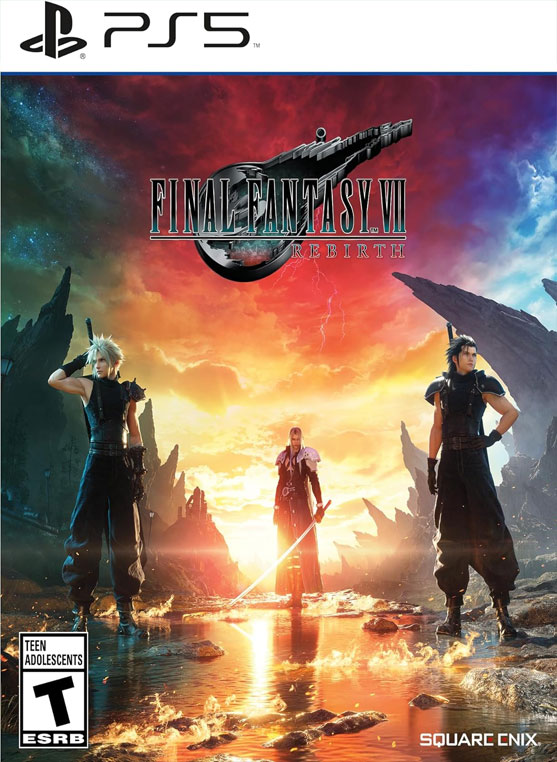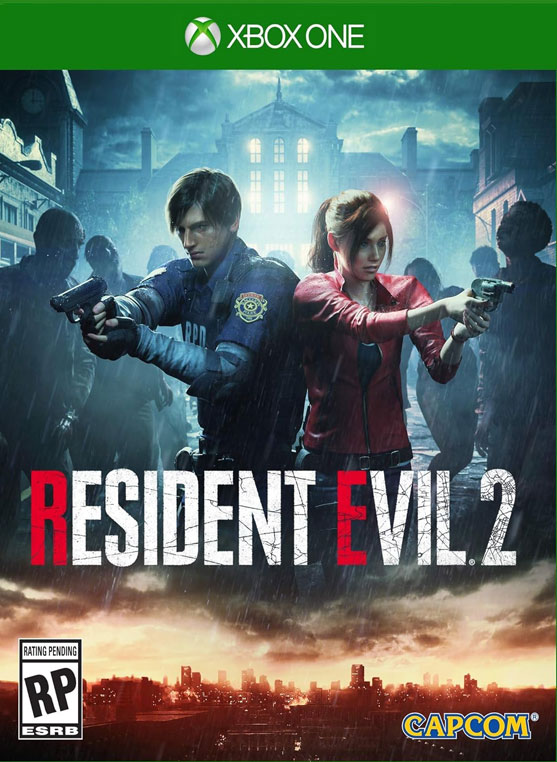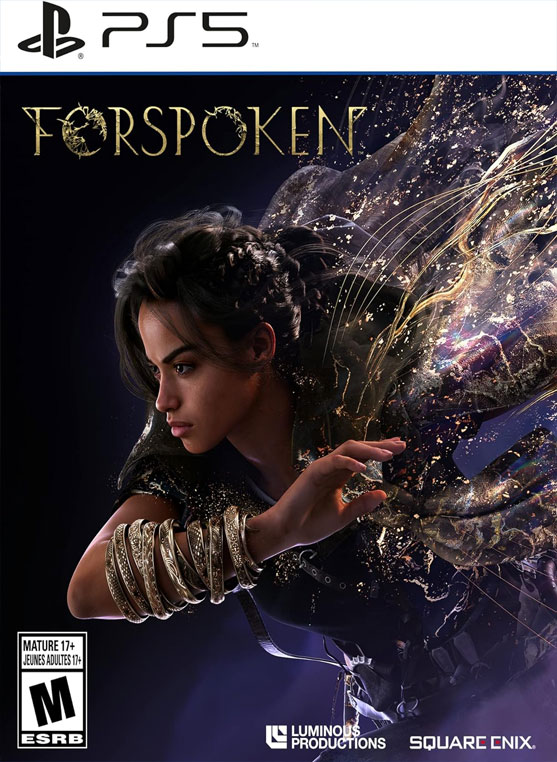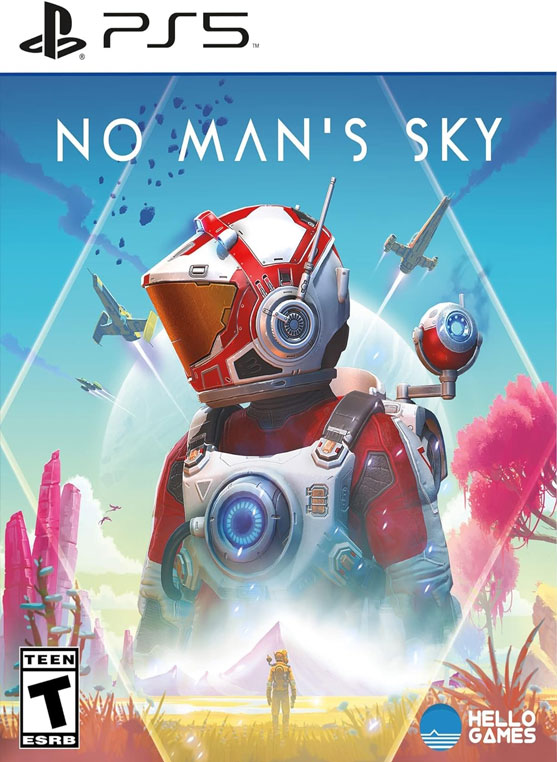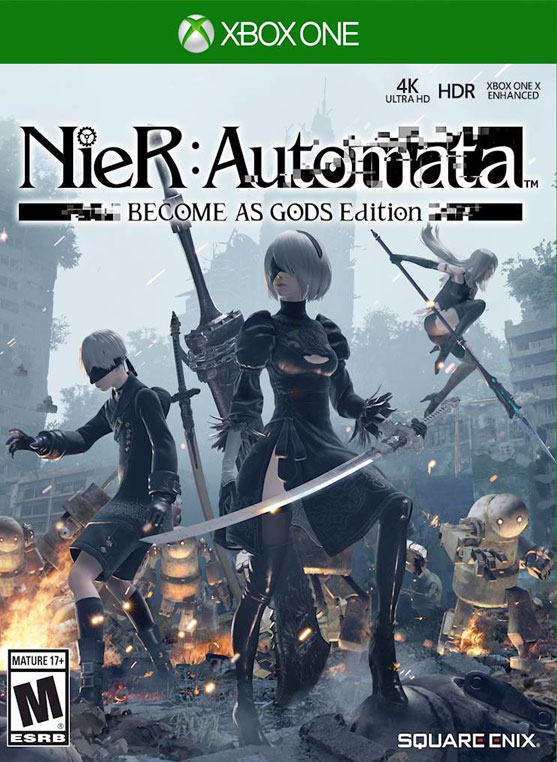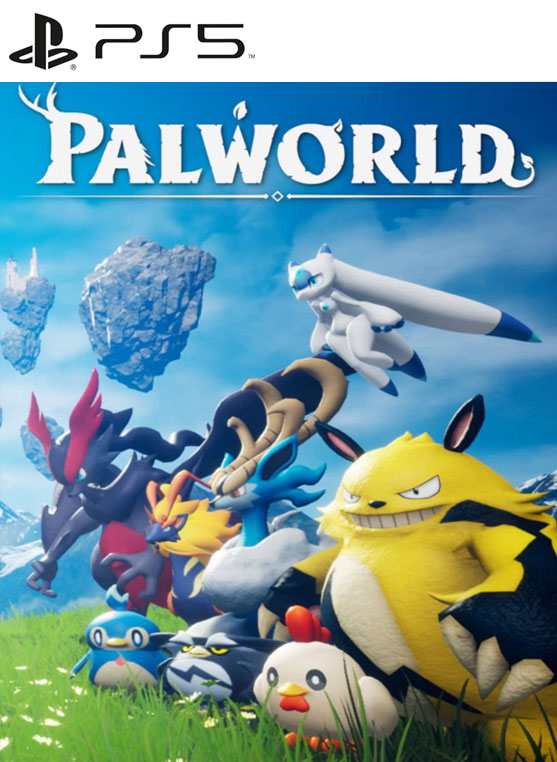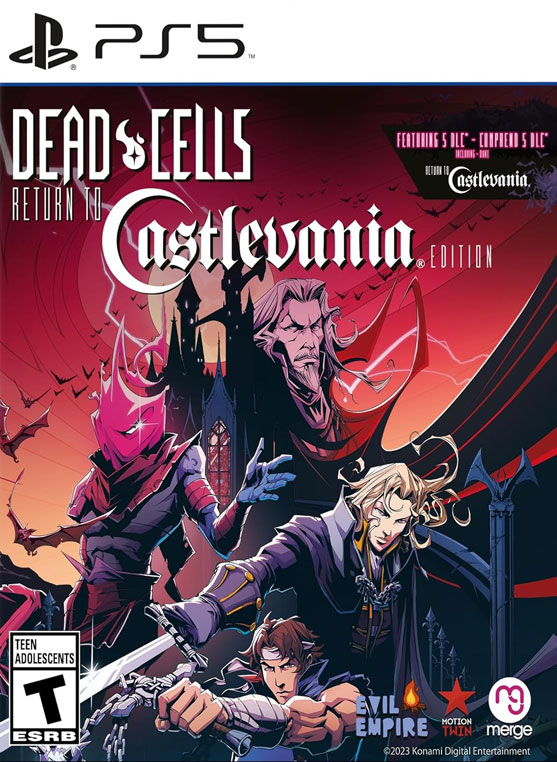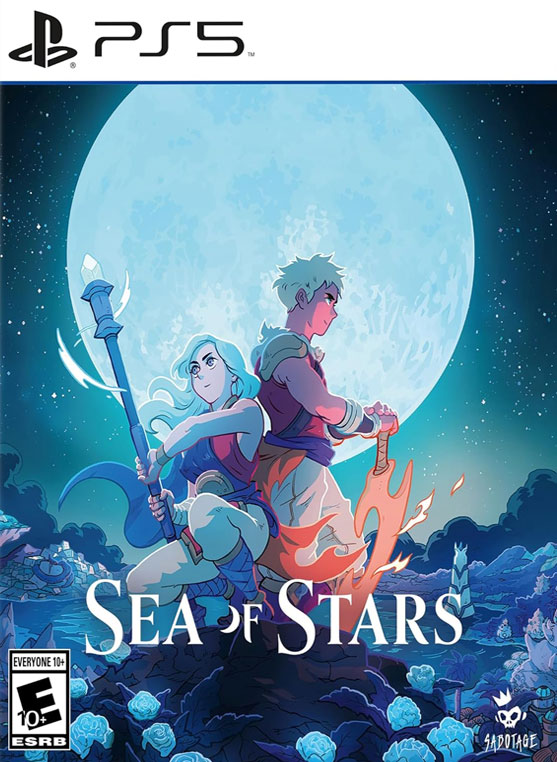Don‘t care for games as a service; they’re a chore
Games as a service often feel more like chores than entertainment to me. This model prioritizes continuous engagement over the completeness of a singular, memorable experience. The emphasis on daily tasks, constant updates, and microtransactions detracts from the immersive, self-contained stories that drew me to gaming. It transforms what should be a leisure activity into a never-ending loop of obligations, undermining the sense of achievement and satisfaction that comes from completing a well-crafted game.
Avengers was a boring lackluster bomb while Guardians of the Galaxy was a sleeper hit
The Avengers game failed to capture my interest primarily because it leaned heavily into the games-as-a-service model, which turned what could have been an engaging narrative into a repetitive, microtransaction-driven grind. In contrast, Guardians of the Galaxy was a sleeper hit for me because it focused on delivering a solid, single-player story with well-developed characters and a compelling narrative. This approach reminded me of the value of games that prioritize creative storytelling and character development over continuous monetization, explaining why I found Guardians so much more rewarding and enjoyable.
Fallout 76 doesn’t understand what makes Fallout 4 so compelling to many
Fallout 76 was a disappointment because it stripped away much of what made Fallout 4 compelling: a strong narrative and rich single-player experience. Instead, it introduced an online, multiplayer-focused format that lacked the depth and engaging storytelling of its predecessor. This change diluted the essence of what I cherish in the Fallout series, making Fallout 76 feel like a hollow shell compared to the immersive, narrative-driven environment of Fallout 4.
Skull & Bones is Assassin’s Creed IV: Black Flag without all the fun pirate activities
Skull & Bones failed to capture the essence of what made Assassin’s Creed IV: Black Flag enjoyable—namely, its adventurous spirit and rich, pirate-themed activities that went beyond naval combat to include exploration and story-driven quests. By focusing primarily on repetitive ship combat, Skull & Bones felt like a stripped-down version of Black Flag, missing the broader context and fun of being a pirate, which significantly reduced its appeal to me.
The best AAA games are single player
For me, the best AAA games are those that prioritize single-player experiences. They delve deep into immersive, expansive narratives that capture my imagination much like the beloved titles of the past. These games often provide a vast open world to explore and a complex story that offers meaningful choices, reflecting a craftsmanship in game design that respects the player’s desire for a substantial, engaging experience. They stand as a testament to the potential of video games to be compelling, artistic expressions, far removed from the transient, commercially-driven models that dominate much of today’s industry.
Baldur’s Gate III
Baldur’s Gate III, with its deep roots in classic role-playing and strategy, rekindles the joy of detailed, narrative-driven gameplay that I’ve cherished since the days of its predecessors. The strategic combat and the rich, branching narratives give me a sense of involvement and control over the game world that is reminiscent of the golden age of RPGs in the 7th console generation, which I hold in high regard. This game provides a profound escape into a meticulously crafted fantasy universe, emphasizing character development and player choice, away from the fleeting trends of modern gaming.
Cyberpunk 2077: Phantom Liberty
Despite the initial controversies surrounding Cyberpunk 2077 and its Phantom Liberty expansion encapsulate what I value in gaming: a rich, narrative experience that expands an already vast open world. This game allows me to explore a dystopian future filled with intricate plots and moral complexities, a true testament to the single-player experiences I’ve grown to love. It’s a throwback to when games were immersive experiences, not just services.
Hogwarts Legacy
Exploring the magical world of Hogwarts Legacy is like stepping into a childhood dream, thanks to its open-world design that invites endless exploration. This game captures the essence of adventure and discovery, traits that I’ve always appreciated in video games since my early gaming days. The attention to lore and the freedom to forge my own magical path resonate with my preference for games that offer a deep, personal storytelling experience.
Pursuing Games as a service is killing talented studios
The industry’s shift towards games as a service is stifling the creativity and passion of talented game development studios. This model demands a focus on longevity and monetization strategies that often compromise the artistic vision and innovative potential of developers. As studios are pushed to prioritize profitability through ongoing content and microtransactions, the unique voices and bold ideas that once defined standout titles are diluted or lost, leading to a homogenization of the gaming landscape that disregards the artistic merit of video games.
Suicide Squad is a game no fan of Batman: Arkham Knight asked for
Suicide Squad seems to diverge sharply from the expectations set by its Arkham series predecessors, particularly Batman: Arkham Knight. The shift towards a multiplayer-centric model with a heavier focus on cooperative gameplay contrasts with Arkham Knight’s deeply personal, narrative-focused single-player experience. This change feels like a misunderstanding of what fans, including myself, appreciated about the original series—its strong storytelling and solo gameplay experience.
Redfall is what happens when a publisher doesn’t understand what made Prey’s studio successful
Redfall appears to be a departure from the type of games that made Arkane Studios celebrated, such as Prey, which was acclaimed for its innovative gameplay mechanics and strong narrative. Instead, Redfall adopts a more generic multiplayer shooter format that lacks the unique single-player focus and creative freedom that characterized Prey. This shift seems to reflect a publisher-driven move towards broader market trends at the expense of the studio’s strengths in crafting singular, immersive experiences.
Apex Legends is the reason why we’ll never get a Titanfall 3
Apex Legends, while successful as a battle royale game, signifies a shift in focus away from the narrative-driven, mech-centered gameplay that defined the Titanfall series. Its popularity and the ongoing development resources it demands likely divert attention and resources away from the possibility of developing Titanfall 3. This situation is frustrating because it represents a broader trend where original, story-focused titles are sidelined in favor of ongoing, service-based games, which detracts from the types of gaming experiences I prefer.
The best value in gaming comes from compilations
Compilations of classic games represent the best value in gaming for me, combining nostalgia with the advantages of modern technology. These collections allow me to revisit multiple beloved games from my past, now remastered with improved graphics and gameplay tweaks. They encapsulate the golden eras of gaming, preserving the spirit and adventure of the original experiences while presenting them in a format that feels fresh and relevant today. This approach not only respects the legacy of these games but also makes them accessible to a new generation of players.
Mass Effect Trilogy Legendary Edition
Mass Effect Legendary Edition is a perfect encapsulation of why I fell in love with video games. It revisits the trilogy with enhanced graphics and gameplay but maintains the epic storyline and deep character interactions that define the series. This collection reaffirms my belief in the enduring appeal of well-crafted narratives and expansive worlds that were the hallmarks of the 7th console generation.
Assassin’s Creed: The Ezio Collection
The Assassin’s Creed Ezio Collection brings back the rich historical tapestry and immersive storytelling that first drew me to the series. Playing through Ezio’s life in beautifully remastered visuals, I’m reminded of the era when games were sprawling narratives of discovery and identity, not just digital products designed for continual monetization.
Halo: The Master Chief Collection
The Master Chief Collection is a triumphant reminder of what made me love gaming. It combines nostalgia with a polished finish, allowing me to relive the seminal campaigns of the Halo series. This collection exemplifies the peak of 7th generation gaming—focusing on solid, compelling gameplay and epic storytelling.
Previous versions of the game are better than their modern sequels
Often, I find that previous versions of games hold up better than their modern sequels. Many sequels seem to sacrifice the core elements that made their predecessors great in an attempt to innovate or align with current trends, such as heavier monetization or needless complexity. This shift can lead to games that feel disconnected from what initially made the franchise appealing, alienating long-time fans and diluting the original experience that was once celebrated for its ingenuity and appeal.
Diablo IV is prettier than Diablo III but it is a tedious mess ruined by its unrewarding mechanics
Diablo IV, despite its visual improvements over Diablo III, falls short in providing a gratifying gameplay experience due to its unrewarding mechanics. The game’s shift towards more tedious, grind-heavy elements detracts from the satisfying, loot-driven gameplay that I enjoyed in Diablo III. This shift makes the game feel like a chore rather than an engaging adventure, squandering the potential offered by its enhanced graphics and atmosphere.
Saints Row buried the franchise Saints Row: The Third made so popular
The Saints Row reboot failed to capture the unique charm and outrageous humor that made Saints Row: The Third a standout title within the franchise. By attempting to modernize and tone down the franchise’s signature eccentricity, the reboot lost the distinct identity that attracted me to the original series, resulting in a game that felt disconnected and lackluster compared to its celebrated predecessors.
Modern Warfare 3 is the lowest point of the Call of Duty franchise that the original Modern Warfare took to super stardom
The latest iteration of Modern Warfare 3 represents a significant downturn for the Call of Duty series, which had reached new heights with the original Modern Warfare. This new installment fails to innovate or capture the tight, impactful gameplay and narrative that made the original a benchmark for the franchise. It feels like a step backward, rehashing old ideas without any of the original spark, leading to a stale and uninspiring experience.
Most of the games I’m looking forward to nowadays are re-imagining of classic franchises
I find myself most excited for the modern re-imaginings of classic game franchises. These titles take the core elements that made the original games memorable and rework them with cutting-edge technology and creative innovations. By maintaining the essence of the originals while enhancing them with contemporary mechanics and storytelling techniques, these games offer a bridge between the cherished past and the exciting possibilities of the future. They demonstrate a commitment to preserving the soul of the game while elevating the overall experience to meet today’s standards.
Final Fantasy VII: Rebirth
Final Fantasy VII Rebirth offers a fresh take on a world that has captivated me since its original release. This remake enriches the experience with modern visuals while preserving the epic scope and emotional depth of the story, embodying the timeless appeal of deep, narrative-driven RPGs that challenge and delight in equal measure.
Resident Evil 2
The Resident Evil 2 Remake revitalizes a classic survival horror game with stunning modern graphics and retooled gameplay that retains the tense, atmospheric exploration I’ve always loved. It proves that classic game design can be updated for contemporary times without succumbing to the pitfalls of modern gaming trends.
Dead Space
Returning to the haunting corridors of the USG Ishimura in the Dead Space Remake is a thrilling experience. The game retains the intense, atmospheric horror of the original while updating it with cutting-edge graphics and gameplay enhancements. It’s a stellar example of how to honor a classic while making it feel new and relevant.
Modern games suck; older games are more enjoyable
To me, modern games often lack the charm and straightforward enjoyment of older titles. The focus on graphics, online features, and broad appeal frequently overshadows the fundamental gameplay mechanics and story-driven experiences that define classic gaming. Older games offered direct, engaging experiences without the bloat of today’s DLCs and microtransactions, providing pure, unadulterated fun that is becoming harder to find in the landscape of contemporary video gaming. This contrast makes older games not only nostalgic but objectively more enjoyable for those who value gameplay and narrative over modern gaming conventions.
Forspoken is mediocre on every level, in the same genre, I’d play Shadow of War any day of the week
Forspoken strikes me as mediocre across the board, from its narrative to its gameplay mechanics. It lacks the depth and engagement that make games like Shadow of War stand out in the same genre. Shadow of War offers a richly crafted world, deeply integrated lore, and innovative nemesis system which makes each playthrough unique and engaging. In contrast, Forspoken fails to deliver any memorable or innovative features, making it an easy choice to prefer Shadow of War for a more fulfilling gaming experience.
Starfield is not Skyrim in space; despite it‘s tumultuous launch, No Man’s Sky is
Starfield, despite its ambitions, does not live up to being “Skyrim in space,” as it lacks the same sense of wonder and exploration that defines Skyrim. Conversely, No Man’s Sky, despite its rocky start, truly embodies this concept through its vast, procedurally generated universe and the freedom it offers for exploration and discovery. Over time, it has evolved to offer a more rewarding and immersive experience that aligns more closely with what I hoped Starfield would be.
Babylon Fall is a waste of time and talent for the studio behind the amazing Nier: Automata
Babylon’s Fall is particularly disappointing because it comes from the studio that created Nier: Automata, a game I admire for its innovative storytelling and gameplay mechanics. Babylon’s Fall fails to leverage any of the creative talents that made Nier: Automata a success, instead presenting a generic and uninspired experience that feels like a significant misstep for such a talented studio. It’s a stark reminder of the potential squandered in a project that could have offered much more.
Indie games are the only ones focusing on fun
Indie games hold a special place in my gaming preferences because they seem to prioritize fun and innovation over profit. These titles often explore unique, creative concepts that might not fit the mainstream mold, offering fresh, engaging gameplay that challenges conventional industry norms. Indie developers tend to inject passion and personality into their games, resulting in diverse and richly satisfying experiences. This sector of the gaming industry continues to be a haven for those of us who cherish gameplay and narrative over flashy graphics and microtransactions.
Palworld
Palworld offers a unique blend of open-world survival and creature collection that intrigues me. It’s a refreshing departure from mainstream trends, providing creative freedom and a break from the conventional gaming mold, which has increasingly leaned towards repetitive and monetized formats.
Dead Cells: Return to Castlevania
Dead Cells and its thrilling expansion, Return to Castlevania, combine fast-paced, roguelike gameplay with the iconic universe of Castlevania. It appeals to my nostalgic side but also delivers a challenging and ever-evolving game experience that respects the player’s skill and dedication, unlike many modern games that prioritize revenue over engagement.
Sea of Stars
Sea of Stars taps into the classic charm of turn-based RPGs with its retro-inspired graphics and engaging, character-driven narrative. This game feels like a homage to the era of gaming I adore, focusing on storytelling and strategic gameplay over flashy, substance-less content.


